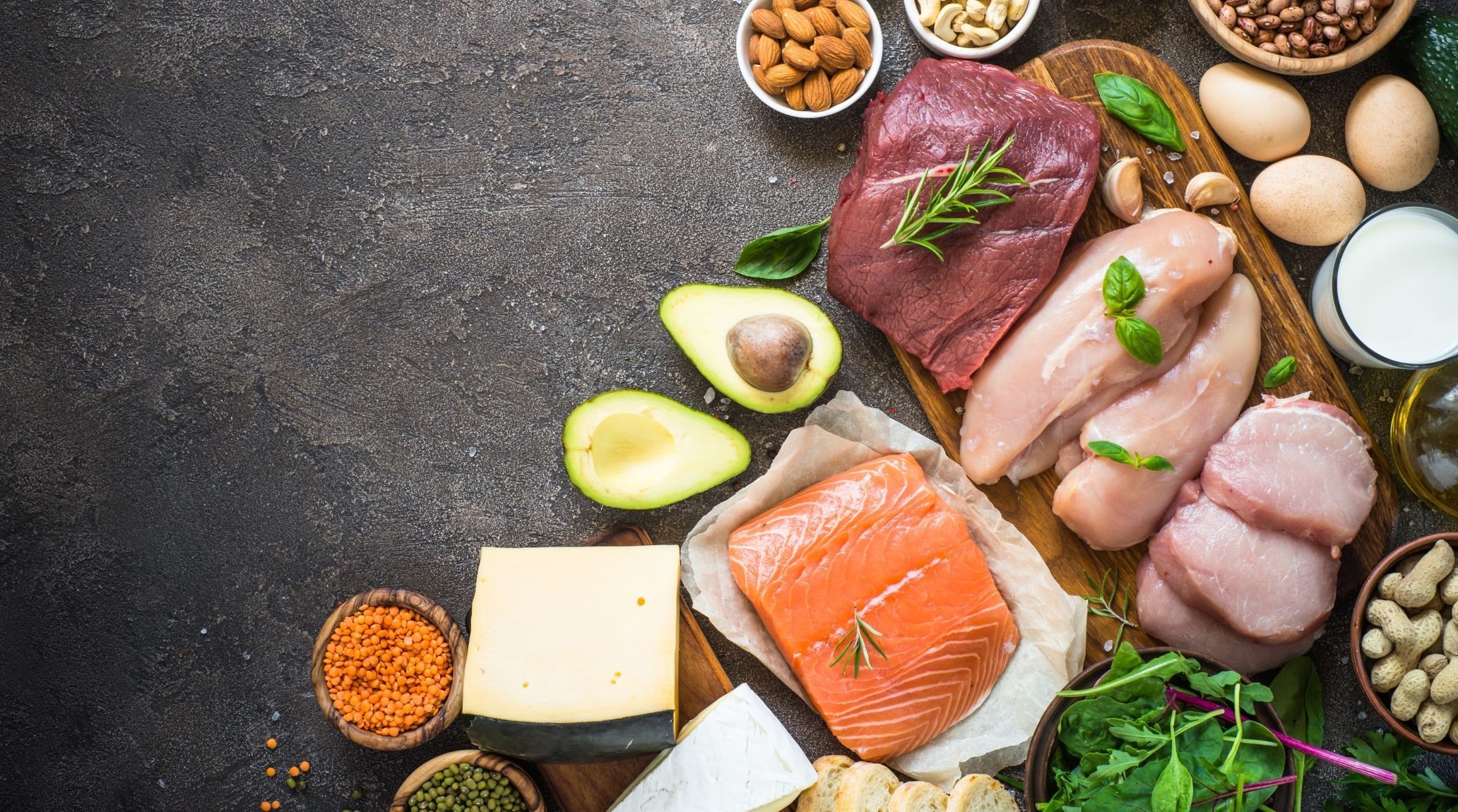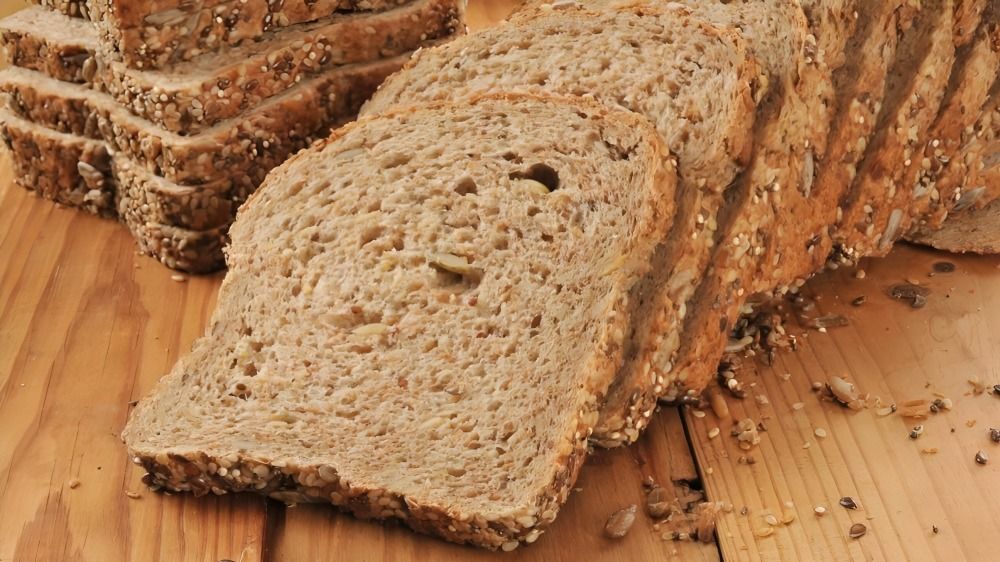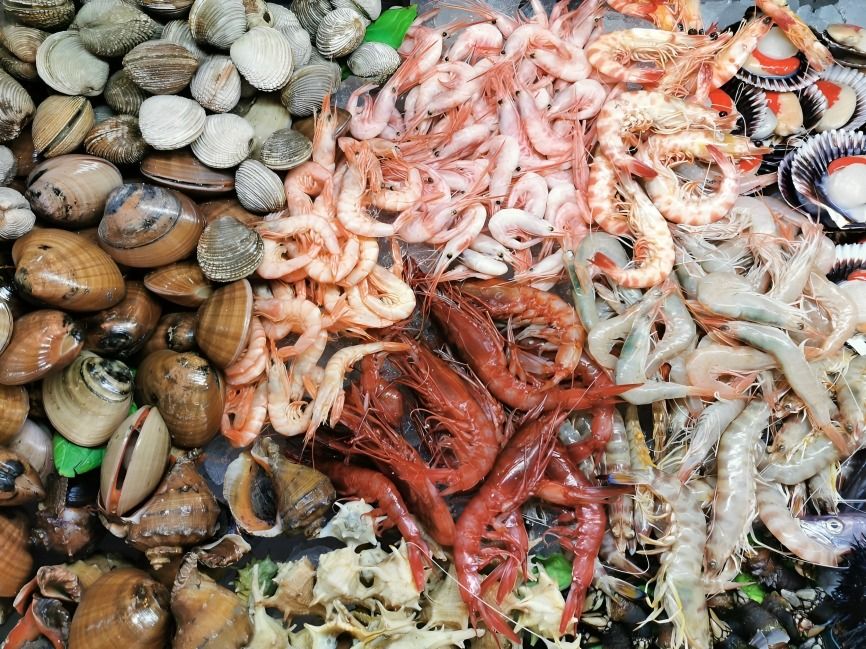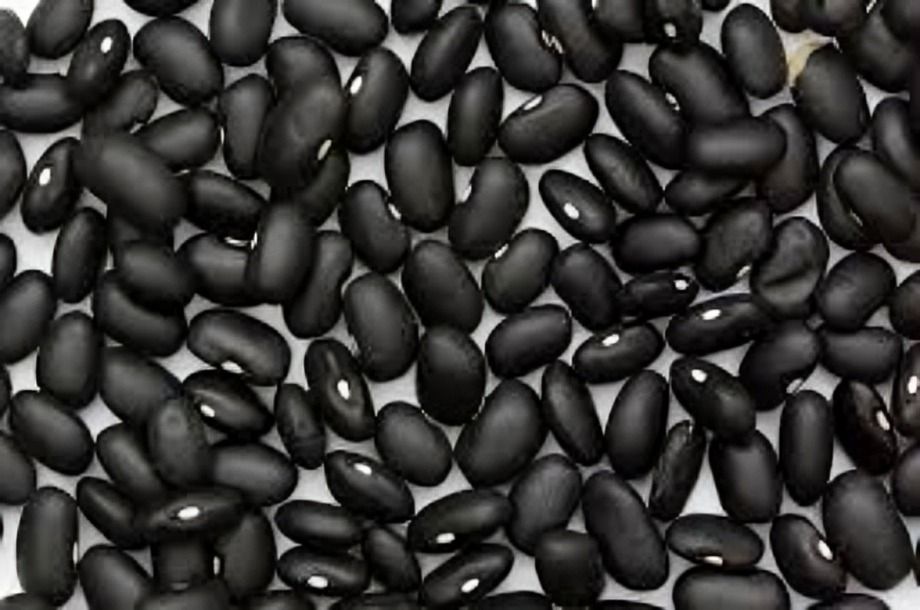
“
Protein is a fundamental component of every cell in the body, making it an essential nutrient for growth, repair, and overall health. In this article, we’ll explore 20 essential facts about protein, highlighting its benefits, sources, and potential impacts on your health. 1
1
”
A diverse array of foods is high in protein, including dairy products, meats, seeds, and some fruits and vegetables. These high-protein options can contribute significantly to daily protein intake. 1
The National Academy of Medicine advises adults to consume at least 0.8 grams of protein per kilogram of body weight daily, which is just over 7 grams per 20 pounds. 2

Whole eggs are an excellent source of easily absorbed protein and also offer a rich array of vitamins, minerals, healthy fats, and antioxidants. While egg whites provide almost pure protein yolk, deliver additional nutrients like vitamins, minerals, and antioxidants.
One ounce (28.35 grams) of almonds provides 6 grams of protein. Other high-protein nuts include pistachios, offering 5.73 grams per ounce, and cashews, which contain 4.34 grams per ounce. 3
Chicken breast is an excellent option for boosting protein intake, offering 26.7 grams of protein in a 86-gram serving. It also provides a range of B vitamins, along with minerals such as zinc and selenium. 4
Cottage cheese is a low-fat, low-calorie cheese that is high in protein. It is also rich in essential nutrients like calcium, phosphorus, selenium, vitamin B12, and riboflavin (vitamin B2). 5
Lentils are a top plant-based protein source. They are also packed with nutrients such as fiber, folate, magnesium, and iron. Regular consumption of lentils and other legumes is associated with a reduced risk of heart disease and fatty liver disease. 6
Lean beef is a rich protein source and provides iron, zinc, selenium, and vitamins B12 and B6. While it can be part of a healthy diet, it's best to moderate intake, as excessive consumption of red meat is associated with a higher risk of colorectal cancer. 7
Fish are generally rich in protein. For instance, a 124 g salmon fillet offers 30.5 g of protein, whereas a 180 g cod fillet contains 41 g of protein. Incorporating fish into your diet can be an excellent way to boost protein intake. 8
Quinoa is often called a complete protein because it has all nine essential amino acids. However, it contains inadequate amounts of some amino acids, such as leucine. Despite this, it's still a valuable protein source. 9

Ezekiel bread stands out because it's made from organic, sprouted whole grains and legumes like millet, barley, spelt, wheat, soybeans, and lentils. Unlike white bread, it is higher in protein, fiber, and essential nutrients.
Protein is crucial for our diets as it provides energy and is essential for the growth, repair, and maintenance of our bodies, particularly our bones and muscles. It supports the healthy function and development of vital organs like the brain, heart, and liver. 10
In addition to its fundamental roles, many protein-rich foods are also key sources of important micronutrients. For example, meat provides iron, and dairy products offer calcium. Thus, a diet high in protein is greatly beneficial for overall health and well-being.11
Pumpkin seeds are rich in minerals such as iron, phosphorus, magnesium, and zinc, and they also offer ample plant-based protein and fiber. They can be added to salads, baked goods, oatmeal, or yogurt. 12

Shellfish, such as shrimp, oysters, clams, and scallops, are excellent sources of protein. They also provide healthy fats and essential vitamins and minerals, including selenium, zinc, vitamin B12, and iron.
Peanuts and peanut butter are rich in protein, folate, magnesium, and vitamin E. Their high protein content can help you feel full, and studies suggest that adding peanut butter to a high-carb meal may reduce post-meal blood sugar spikes. 13
Edamame, young soybeans, are a complete protein source, meaning they contain all the essential amino acids your body needs. They’re also high in fiber, making them a nutritious and filling snack. 14
Tuna provides high-quality protein along with essential B vitamins like B12, which supports energy production and red blood cell formation. It’s a great option for maintaining overall vitality. 15

Black beans are a rich plant-based protein source and are high in fiber, which helps with digestion and maintaining healthy blood sugar levels. They’re also versatile and can be used in a wide range of dishes.
Hemp seeds offer a complete protein source with all essential amino acids and are also high in healthy fats. They’re a great addition to smoothies, salads, or yogurt for an extra protein boost. 16


